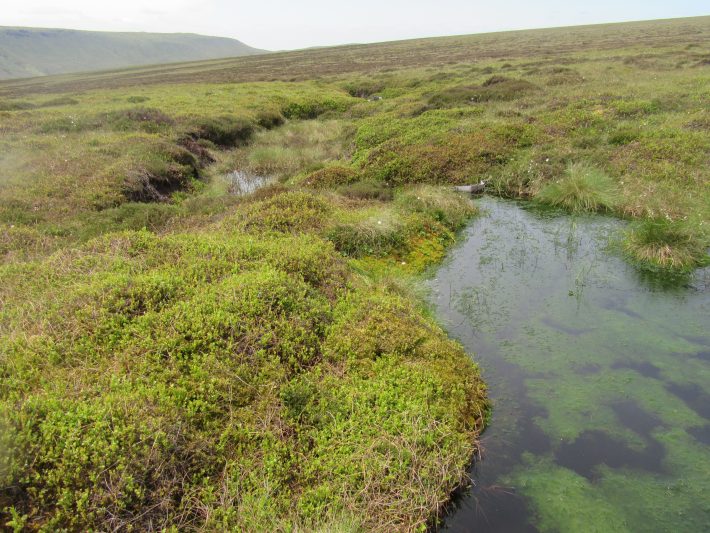Delivering impact through the Climate Change Ecology SIG
As scientists we are all keen to ensure that our research is useful and delivers impact.

Indeed, for many of us, tracking the impact of research has become increasingly important. Those who use research to inform their actions, such as policy-makers and practitioners, are often similarly keen to access the knowledge of experts, and to use the latest evidence to inform their decision making. The BES Special Interest Groups (SIGs) can provide a really good forum for helping scientists, policy-makers and practitioners discuss and exchange ideas to deliver the impact that scientists desire by providing the information that decision-makers need.
Propose a workshop
This exchange is well illustrated by a workshop run by the Climate Change Ecology SIG on the 4th May on ‘Ecology for the National Adaptation Programme for Climate Change’. The National Adaptation Programme (NAP) is a government programme, led by DEFRA, to address the climate change risks identified in the Climate Change Risk Assessment (CCRA). The first NAP was published in 2013, and is now being updated. To help inform the second NAP, the Climate Change Ecology SIG brought together over 50 experts in the field to deliver a series of short-talks on key issues, and in a series of breakout groups, to discuss in a structured way, the risks identified by the CCRA, before then considering the potential adaptation responses, and prioritising those by timescale.
The short talks provided an excellent forum for people to communicate latest findings, and covered a range of topics including climate change vulnerability assessment, the role of microclimate in facilitating species’ persistence and extreme events. The break-out discussions were well informed and focussed on identifying short and long-term adaptation responses to climate change. For example, in the context of risks to species and habitats we considered the potential for management, such as manipulating sward height or topography, to increase micro-climatic variation, but recognised the need to also consider how this may affect species requiring different stages of succession. A simple potential mechanism to achieve this in urban environments could be by encouraging gardeners to keep parts of their gardens wild. In the long-term we recognised the importance of water management in catchments, whether by blocking drainage ditches on peatlands to increase their resilience to climate change, or managing catchments to increase filtration rates and slow water flow which both reduces flood risk and increases water availability during dry periods.
Why not get involved?
The BES has annual calls for funding requests from SIGs for events like this, and the committee of the Climate Change Ecology SIG is always pleased to hear from people who have ideas for symposia, workshops and conferences. So please do get in touch if you think that the SIG can help you make the most of your research, or you have a research or evidence need that would benefit from wider discussion. We look forward to hearing from you.
Download both the workshop report and the presentations from the day from the BES Policy Reports and Publications section.
Like what we stand for?
Support our mission and help develop the next generation of ecologists by donating to the British Ecological Society.